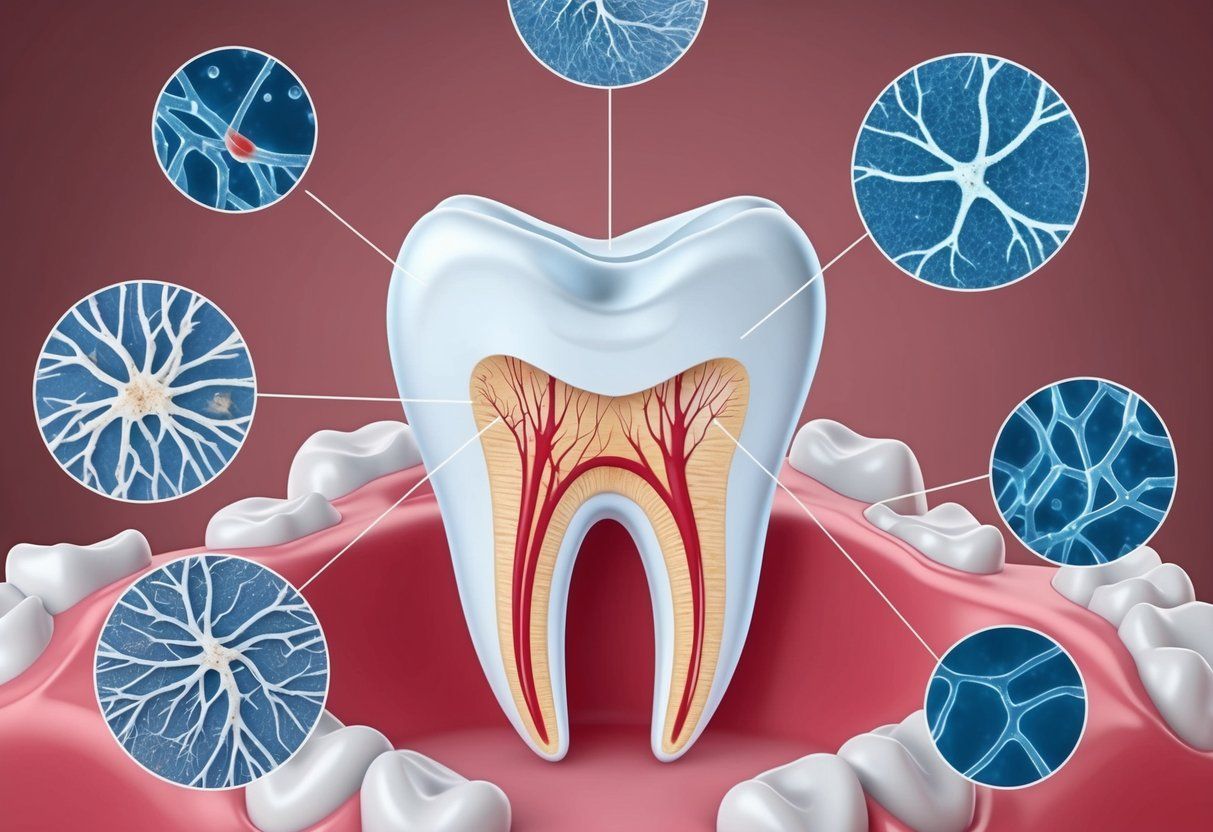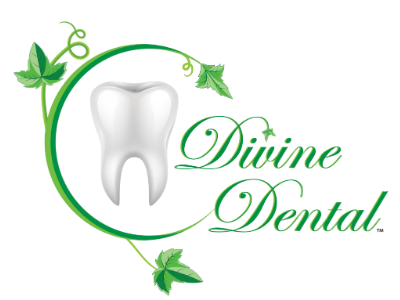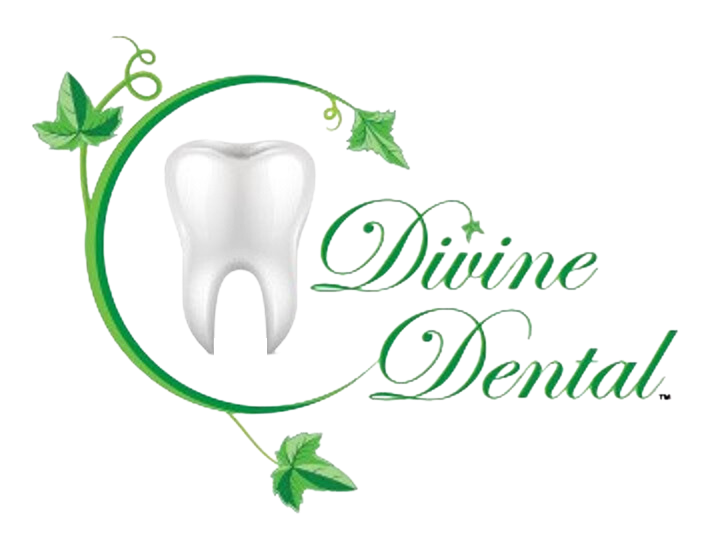The Science Behind Tooth Sensitivity: Understanding the Causes and Treatments
Tooth sensitivity is a common complaint that can make eating and drinking uncomfortable. It occurs when the nerves in the teeth become more exposed, responding sharply to certain stimuli like hot, cold, or sweet substances.
Understanding the causes and effective treatments for tooth sensitivity can help anyone regain comfort and improve their oral health.

There are various reasons why tooth sensitivity develops, including worn enamel, gum recession, or even dental procedures. Identifying the specific cause is crucial for choosing the right solution.
By learning about preventative measures and how to maintain good oral hygiene, individuals can reduce their risk of sensitivity and protect their teeth for the long term.
Working with a dentist when sensitivity persists is important for proper treatment. There are numerous over-the-counter options and professional treatments available that can effectively manage this discomfort.
With the right knowledge and care, it is possible to enjoy a pain-free smile.
Key Takeaways
- Tooth sensitivity can be caused by multiple factors, including enamel wear and gum issues.
- Maintaining good oral hygiene is essential to prevent sensitivity.
- Seeking professional advice is important when sensitivity does not improve.
Understanding Tooth Sensitivity
Tooth sensitivity often arises from a combination of dental anatomy and specific conditions. It is important to know how a tooth is structured and what sensitivity means for oral health.
The Anatomy of a Tooth
A tooth has several layers. The outer layer is called tooth enamel . This hard substance protects the inner parts of the tooth.
Beneath the enamel lies dentin , which is softer and more sensitive. When the enamel wears away or is damaged, it exposes the dentin. This area contains tiny nerve endings. When exposed, it can cause discomfort or pain when eating hot, cold, or sweet foods.
Maintaining dental health is essential to keeping enamel intact. Regular dental check-ups can help catch issues early. This prevents further damage to the enamel and the dentin underneath.
What Is Tooth Sensitivity?
Tooth sensitivity, also known as dentin hypersensitivity , occurs when the dentin is exposed. This condition leads to discomfort in response to various stimuli. Common triggers include hot, cold, acidic, or sweet foods and drinks.
People with sensitive teeth often experience sharp pain during these situations. The pain can be temporary, but it may also linger. Understanding the triggers is key to managing this condition.
Factors leading to tooth sensitivity can include gum recession, enamel erosion, and dental procedures. Practicing good oral hygiene and using desensitizing toothpaste can help reduce symptoms. Regular visits to the dentist are also crucial for addressing any underlying issues that may contribute to sensitivity.
Identifying Causes of Tooth Sensitivity
Tooth sensitivity can come from several sources. Understanding these causes helps in managing and treating the discomfort effectively. Here are some common reasons for tooth sensitivity.
Enamel Erosion
Enamel is the hard outer layer of teeth. It protects the sensitive inner dentin. When enamel wears away, it exposes the dentin, leading to sensitivity.
Acidic foods and drinks, like citrus fruits and soda, can damage enamel. Over time, frequent acid exposure can cause significant erosion.
Brushing too hard can also contribute to enamel loss. Using a hard-bristled toothbrush or aggressive brushing techniques can wear down enamel. People who consume a lot of sweet foods may also have higher chances of enamel erosion. This is due to the increased risk of cavities.
Gum Recession and Disease
Gum health plays a crucial role in tooth sensitivity. Gum recession occurs when gums pull back from the teeth, exposing the roots. This can happen due to gum disease, which is often caused by plaque buildup.
Bacteria irritate the gums, leading to inflammation and recession. When gums recede, they leave the roots of teeth exposed. The roots do not have enamel protection, making them sensitive to temperature changes.
Gum disease can worsen sensitivity. Its treatment often requires dental procedures, such as deep cleaning.
Dental Procedures
Dental work can temporarily increase tooth sensitivity. Common procedures include fillings, root canals, and teeth whitening. After these treatments, teeth may feel sensitive for a few days or weeks.
This is often due to irritation of the nerves in the teeth. For example, after a filling, the tooth may be sensitive to hot and cold. This happens because the dental work can change the way pressure is felt in the tooth.
Even though this sensitivity usually fades, patients should follow their dentist’s advice for care after procedures.
Lifestyle and Dietary Habits
Certain lifestyle habits can contribute to tooth sensitivity. People who grind their teeth, a condition known as bruxism, may wear down enamel. This can lead to dentin exposure and increased sensitivity.
Diet also plays a role. Consuming cold, hot, or sweet foods can trigger discomfort in sensitive teeth. Frequent intake of acidic foods further undermines enamel.
Individuals should take care in their eating habits and maintain good oral hygiene to minimize risks.
Preventative Measures and Maintaining Oral Hygiene
Maintaining good oral hygiene plays a crucial role in preventing tooth sensitivity. Effective practices and protective dental products can help keep teeth strong and reduce discomfort.
Oral Hygiene Best Practices
Good oral hygiene begins with brushing teeth at least twice a day. Using a soft-bristled toothbrush is important to avoid damaging the gums and enamel. A gentle technique helps prevent wear on sensitive areas.
Fluoridated toothpaste is recommended for added protection. It strengthens tooth enamel, making it more resistant to decay and sensitivity. Regular use of fluoride mouthwash can also provide additional benefits.
Flossing daily is essential. It removes plaque and food particles from between the teeth where a toothbrush can’t reach.
Regular dental visits for professional cleanings and fluoride treatments are also beneficial. Dentists may apply fluoride varnish or provide fluoride gel for extra protection against sensitivity.
Protective Dental Products
There are various products designed to protect sensitive teeth. Mouth guards can be particularly helpful for those who grind their teeth at night. These guards cushion the teeth and prevent wear.
Additionally, dental bonding is an option for treating visible sensitivities. This procedure covers exposed areas and reduces discomfort.
When selecting products, look for toothpaste specifically designed for sensitive teeth. These toothpastes contain special ingredients that help block sensations.
Keeping up with these practices can lead to healthier teeth and less sensitivity over time.
Treatment Options for Sensitive Teeth
Managing sensitive teeth involves various strategies that can provide relief and strengthen tooth enamel. Both at-home and professional treatments exist to help those experiencing sensitive tooth pain.
At-Home Treatments
At-home treatments can be effective for mild cases of tooth sensitivity. Desensitizing toothpaste is often the first choice. It contains compounds that help block the pain signals from the nerves in the teeth. Using this type of toothpaste regularly can lead to improvement over time.
Another helpful method is using a soft-bristled toothbrush. This can minimize irritation to the gums and tooth enamel.
It is also important to avoid acidic foods and drinks, which can damage enamel.
Mouth rinses designed for sensitive teeth may also be beneficial. These rinses can help alleviate symptoms and promote gum health.
Lastly, practicing good oral hygiene by brushing and flossing daily is crucial in preventing issues like gingivitis, which can contribute to sensitivities.
Professional Dental Treatments
For more severe cases or if at-home treatments are ineffective, professional dental treatments may be necessary.
A dentist might suggest a gum graft . This procedure can cover exposed roots, reducing sensitivity.
In some cases, a dentist may recommend fluoride treatments . These treatments strengthen enamel and reduce pain.
If sensitivity follows teeth whitening, a dentist can help address it. They may suggest waiting before further whitening or using different products.
In rare cases of severe sensitivity caused by conditions like pulpitis, more invasive treatments may be needed. This could include root canals to address inflammation or infection.
When to See a Dentist
Tooth sensitivity can be a sign of underlying dental issues. Recognizing these signs early can help prevent more serious problems.
Recognizing Severe Symptoms
Severe symptoms of tooth sensitivity include sharp pain when consuming hot, cold, or sugary foods. This type of pain often indicates deeper dental issues, such as tooth decay or gum disease.
Other signs to watch for include:
- Persistent pain lasting more than a few days.
- Swelling or bleeding in the gums, which may suggest an infection.
- Sensitivity that worsens over time instead of improving.
If someone experiences any of these symptoms, it is essential to contact a dentist. Ignoring these signs can lead to more significant dental problems and impact oral health.
Professional Assessment and Plans
A dentist can provide a thorough evaluation of tooth sensitivity. This usually involves checking for signs of decay or gum issues. They may take X-rays to see the condition of the teeth and the surrounding bone.
After assessment, the dentist will recommend a treatment plan that might include:
- Fluoride treatments to strengthen enamel.
- Desensitizing toothpaste for relief.
- Fillings or crowns if there is decay.
Following the dentist’s advice can help manage tooth sensitivity and improve overall oral health. Regular dental visits are crucial in catching issues early and preventing further complications.
Frequently Asked Questions
Tooth sensitivity can be troublesome. Many seek quick relief or want to understand its causes and treatments better. Here are some key questions often asked about this issue.
What immediate steps can be taken to alleviate sensitive teeth pain?
To reduce sensitive teeth pain quickly, one can rinse with warm salt water. Avoiding very hot or cold foods can help too. Over-the-counter pain relievers like ibuprofen may also provide relief.
What causes sudden onset of tooth sensitivity?
Sudden tooth sensitivity can arise from various factors. A recent dental procedure, a cracked tooth, or gum recession may expose the tooth’s nerves. Tooth decay or an abscess can also trigger this discomfort.
What are the recommended treatments for tooth hypersensitivity to temperature?
For temperature sensitivity, dentists often recommend desensitizing toothpaste. These products contain special compounds that block nerve signals. Fluoride varnishes or gels, applied by a dentist, can also help strengthen teeth and reduce sensitivity.
How can one address nerve sensitivity in teeth effectively?
Tooth nerve sensitivity can be treated with various methods. Desensitizing agents directly applied to the affected area may offer relief. Regular dental visits to monitor and treat any underlying issues are also important.
Are there established methods to permanently resolve teeth sensitivity issues?
Permanent solutions depend on the cause. For some, dental crowns or sealants can protect sensitive areas. In severe cases, root canal therapy might be recommended to remove sensitive nerves and tissues.
What could lead to increased sensitivity in front teeth without apparent cause?
Increased sensitivity in front teeth can happen without clear reasons. Enamel erosion from acidic foods or drinks is common.
Grinding teeth at night can also wear down enamel and lead to sensitivity issues.…




